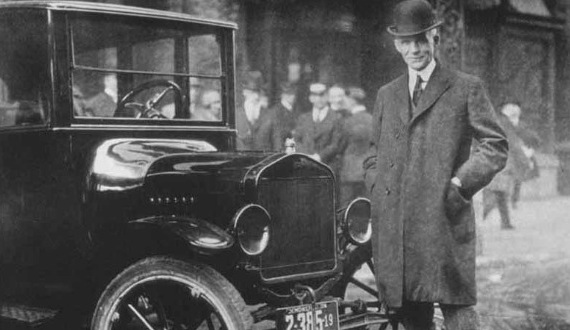
With my new morning workout routine I’m exposed to too many televisions in the gym, most of which are showing news shows. I don’t listen to any of them (if I’m on a machine that can hold it I’ll watch a video on my phone, otherwise it’s an MP3) but I’ve had the opportunity to read an awful lot of headlines, and I can pseudo-scientifically break the news down into 3 main categories:
- Something bad is happening that’s out of your control (bird flu came back yesterday, but also murders, financial meltdowns, etc.)
- People are getting punished for the bad stuff they did.
- Sports.
It amazes me that our economy is built upon millions of people starting their work days with this mindset, but the thing to remember is that, collectively, we chose this. News segments are chosen because they’re the ones that keep people from changing the channel. I’ll never forget an interview I read in Wired in the ’90s with Steve Jobs where he said, oh wait, here it is:
When you’re young, you look at television and think, There’s a conspiracy. The networks have conspired to dumb us down. But when you get a little older, you realize that’s not true. The networks are in business to give people exactly what they want. That’s a far more depressing thought. Conspiracy is optimistic! You can shoot the bastards! We can have a revolution! But the networks are really in business to give people what they want. It’s the truth.
I think this happens for way more than just television. When I look at advertising (particularly direct response sales letters, because they’ve actually been tested for results,) I sometimes wonder if the format, length, and embellishments are the way they are because they scientifically work the best, or if it’s because society has been conditioned to know that this is what a sales letter looks like.
In other words, in all things that are produced or designed, how many are successful because they’re what people have been trained to want, and how many are truly innovative? And more importantly, how do really innovative products get traction without being relegated to the ones that the market “just wasn’t ready for” that pave the way for someone else’s advances five to ten years later?
Leave a Reply